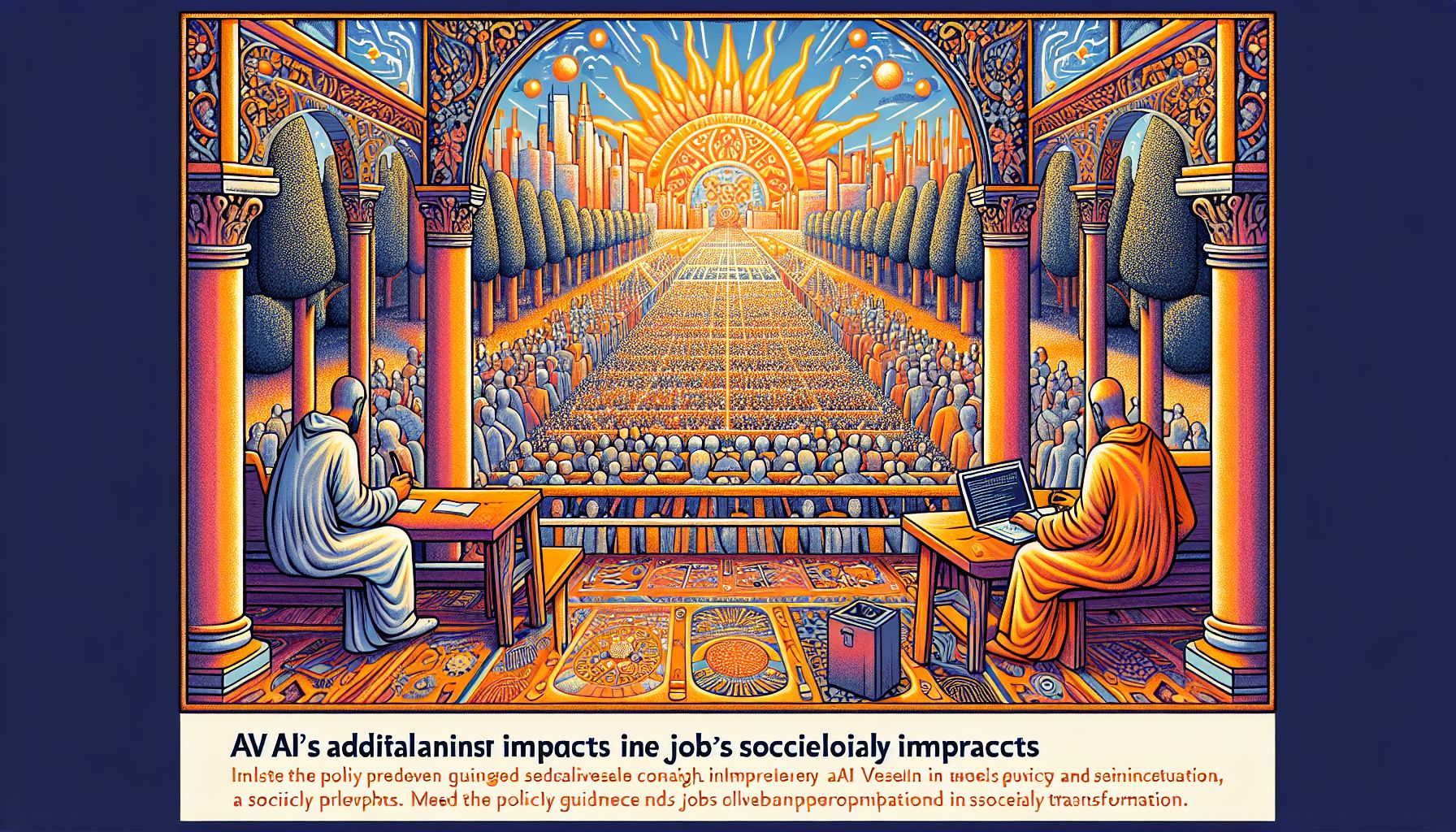KVS Preadviezen 2024 Explores AI's Societal Impacts

Amsterdam, Monday, 23 December 2024.
The KVS Preadviezen 2024 conference highlighted AI’s role in job polarization and societal transformation, emphasizing the need for policy guidance and public involvement in technological advancements.
Labor Market Transformation
According to Professor Anna Salomons from Tilburg and Utrecht University, AI is fundamentally reshaping employment patterns through a phenomenon known as job polarization [1]. This trend shows increasing employment concentration in both high and low-wage positions, while middle-wage jobs face slower growth due to automation [1]. Particularly noteworthy is that approximately 60 percent of current jobs did not exist eight decades ago, highlighting the transformative nature of technological advancement [1]. Jobs requiring adaptability and complex skills, such as hairdressing and cleaning services, have proven more resistant to automation due to their need for physical, emotional, and cognitive flexibility [1].
Government’s Role and Public Oversight
The conference, held at Pakhuis de Zwijger on December 9, 2024 [1], emphasized the critical role of government oversight in AI development. With 85 percent of AI investments coming from the private sector [1], experts stress the importance of governmental guidance to ensure public values are protected. Professor Stefania Milan from the University of Amsterdam highlighted concerns about citizen participation in technology regulation, particularly regarding digital identity wallets being developed across Europe [1].
European AI Initiatives and Regulation
The discussion aligns with broader European efforts to govern AI development. The European AI Alliance, which has engaged approximately 6,000 stakeholders since its inception, provides a framework for policy dialogue [2]. Notably, the European Commission’s AI Regulation came into force on August 1, 2024 [2], establishing concrete guidelines for AI development and implementation across member states.
Future Recommendations
Key recommendations emerging from the conference include strengthening social safety nets for workers affected by AI transitions, enhancing digital literacy programs for all age groups, and ensuring proper oversight of private entities handling sensitive information [1]. These align with the European AI Alliance’s focus on promoting trustworthy AI development [2], suggesting a coordinated approach to addressing AI’s societal impacts across Europe.

